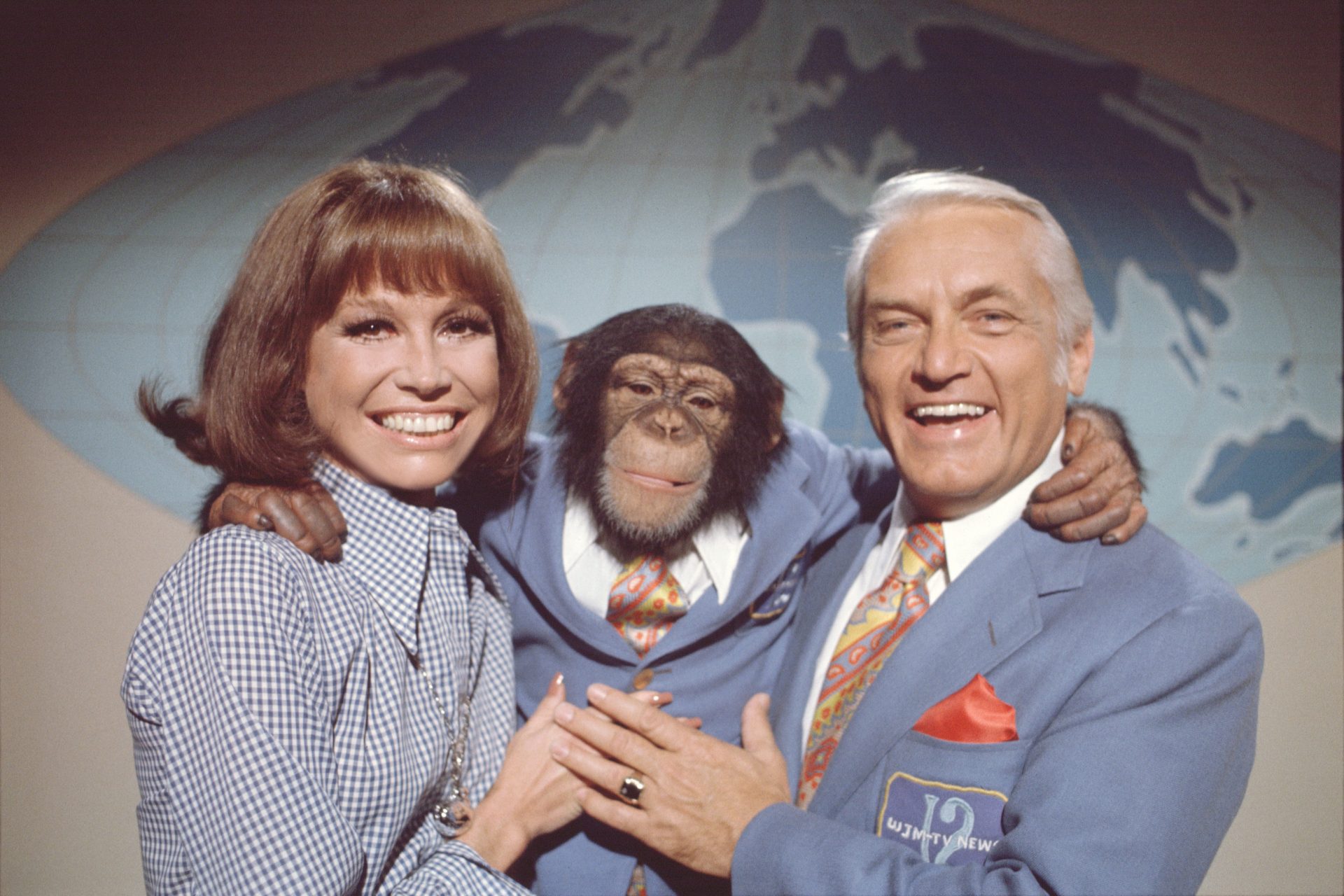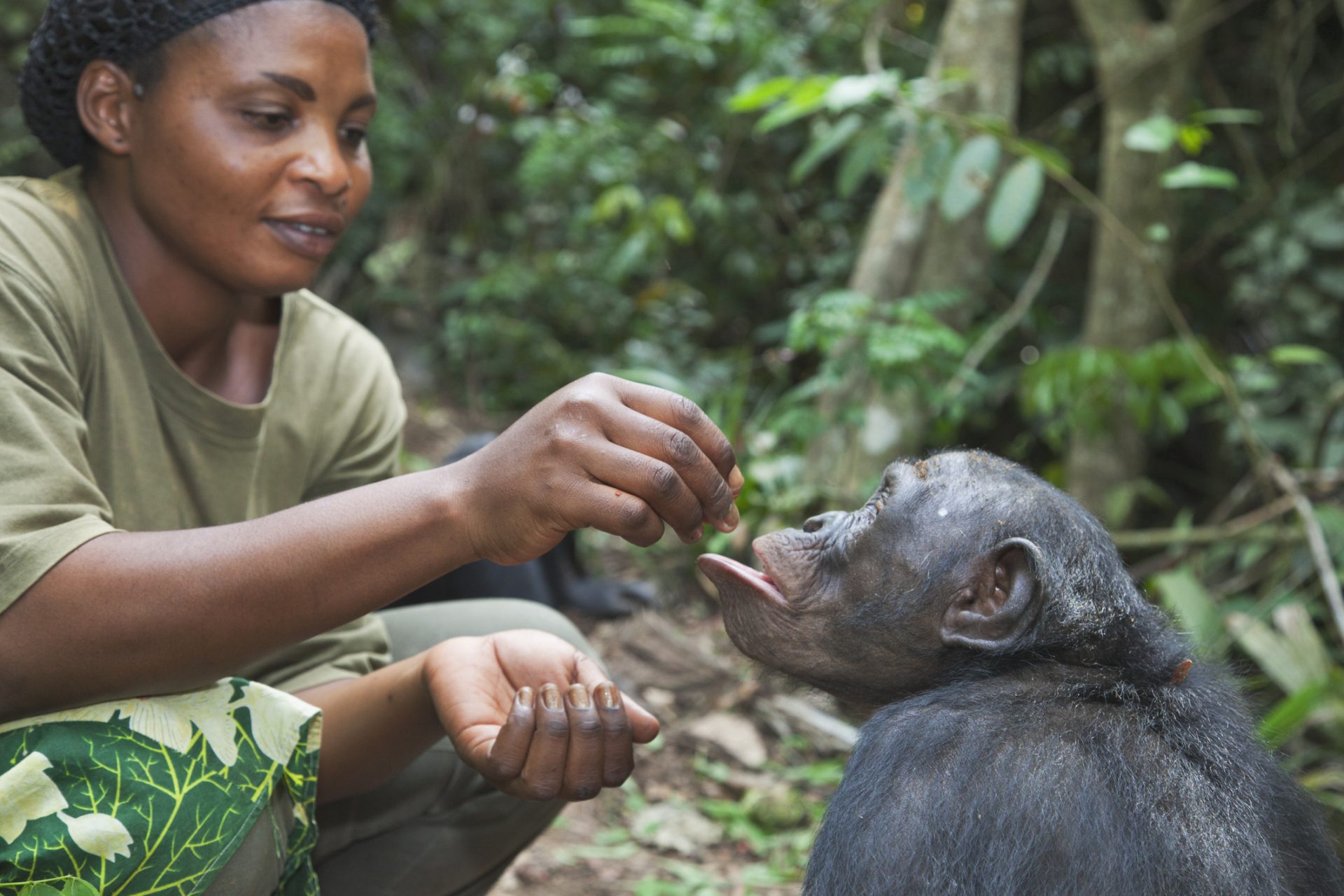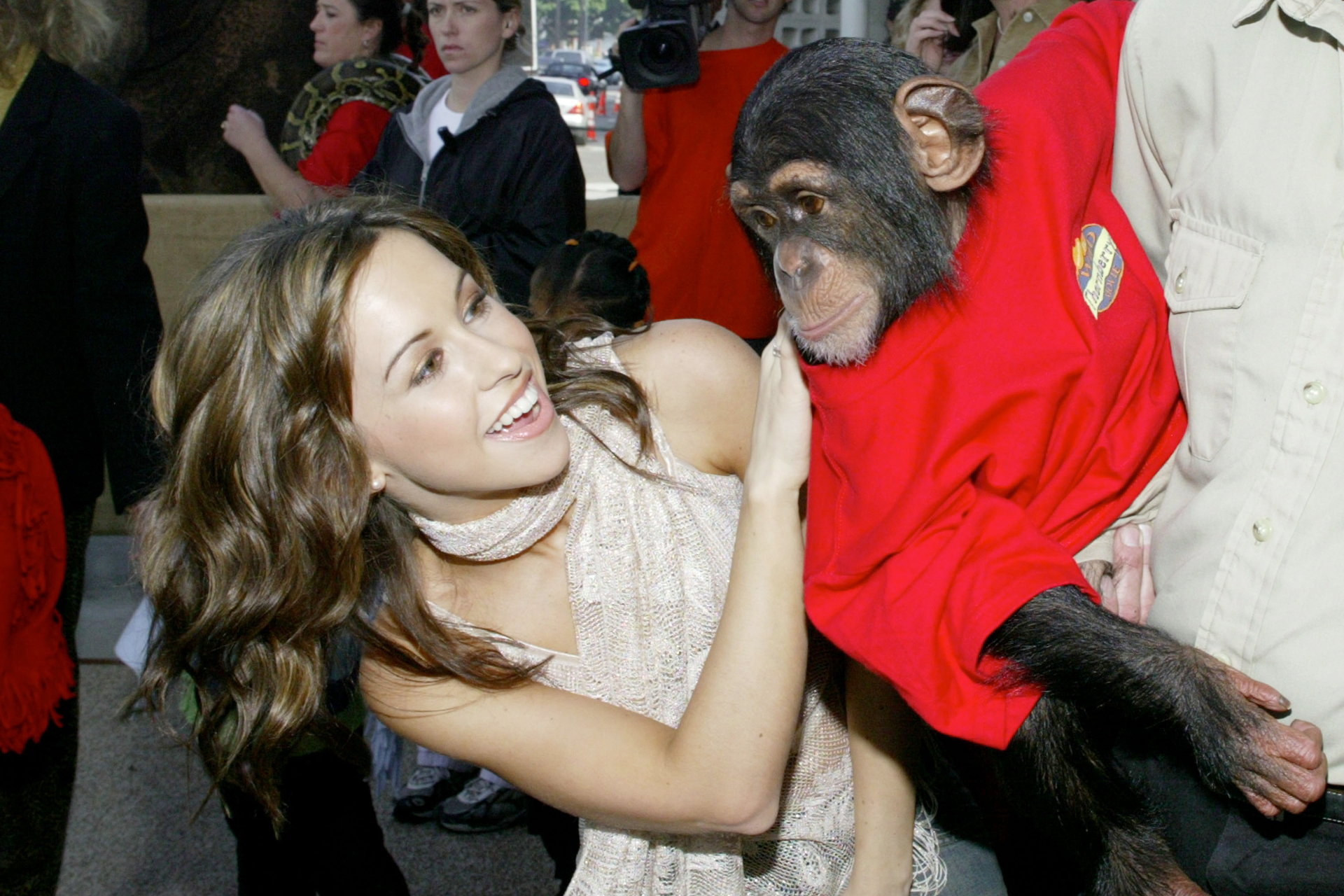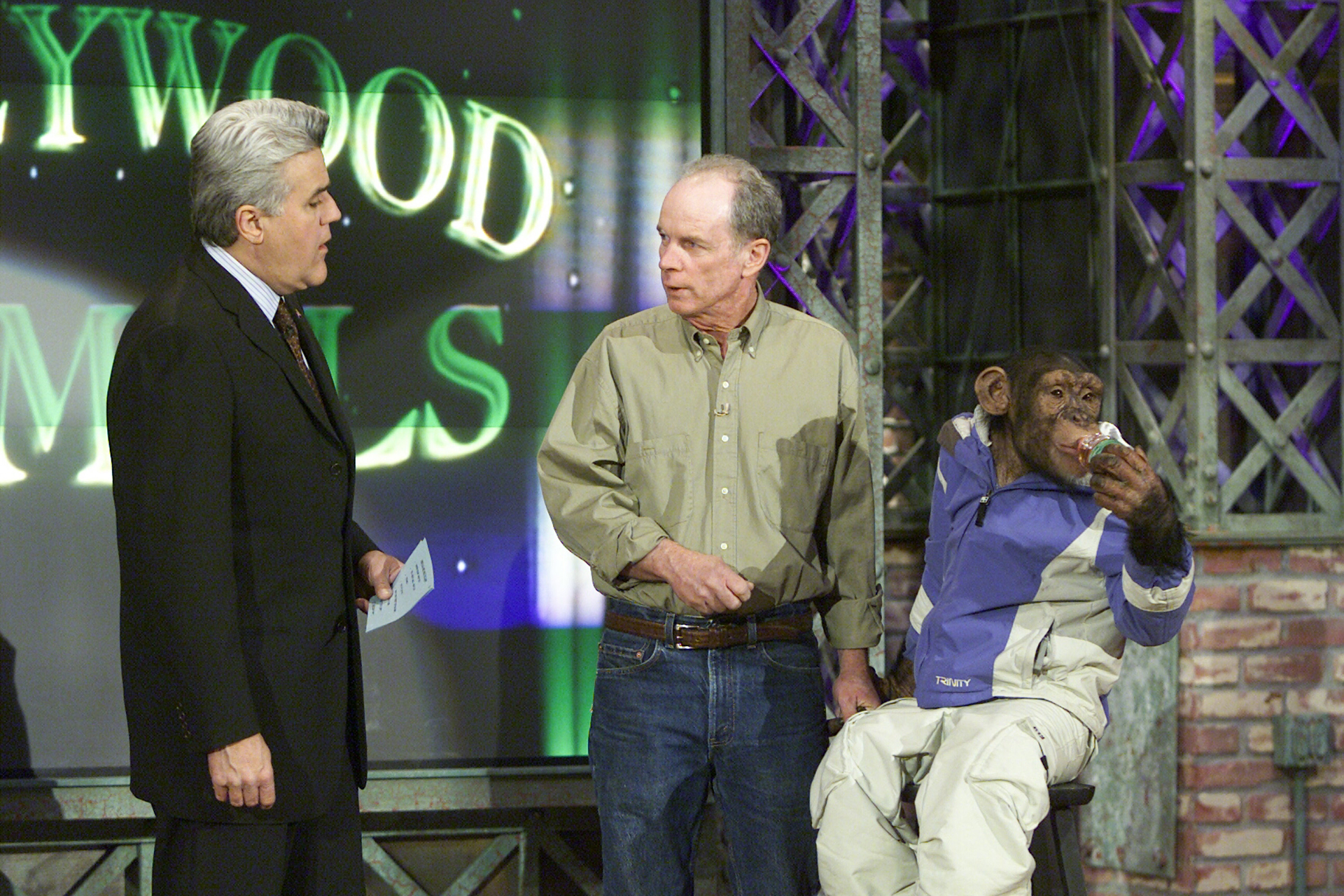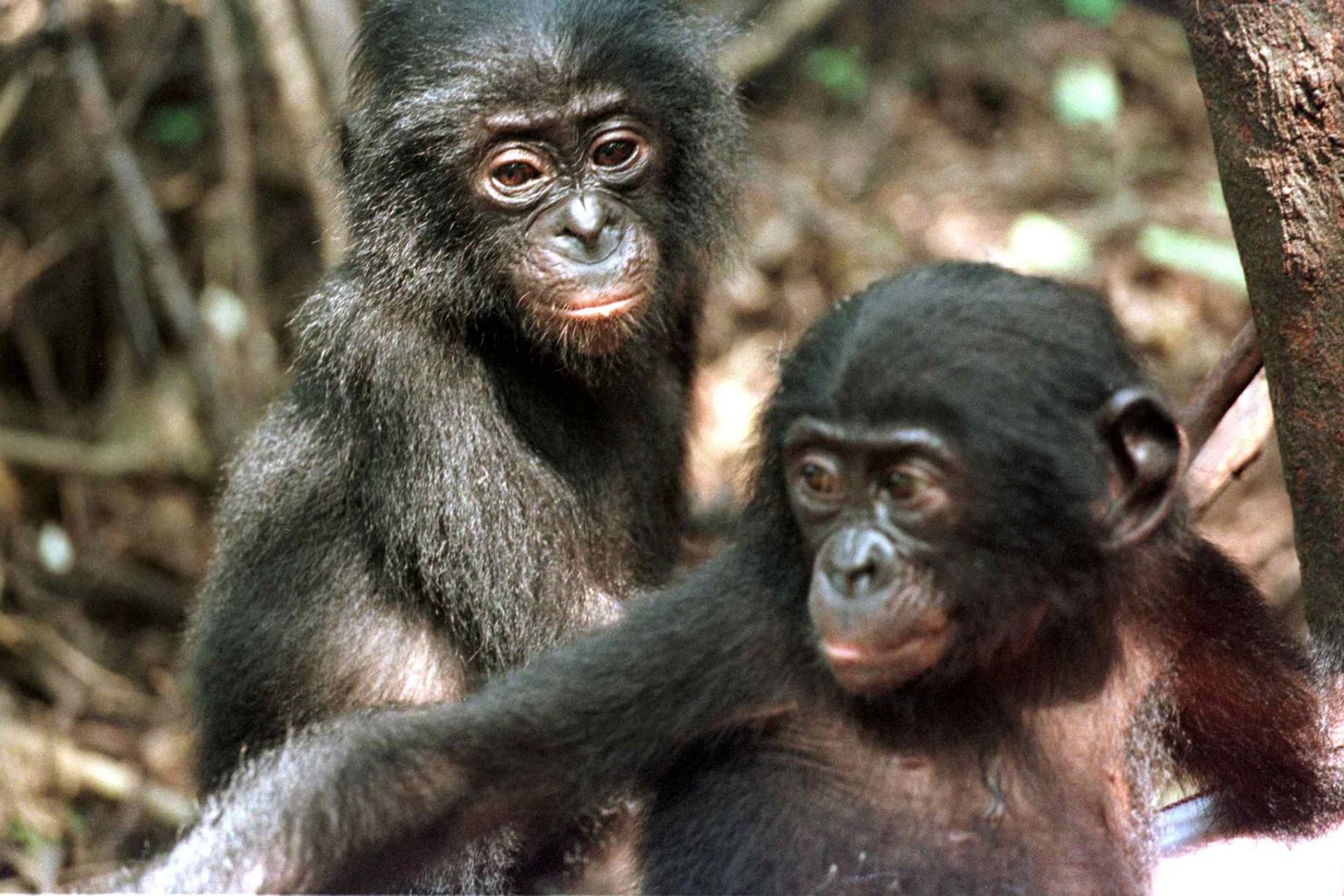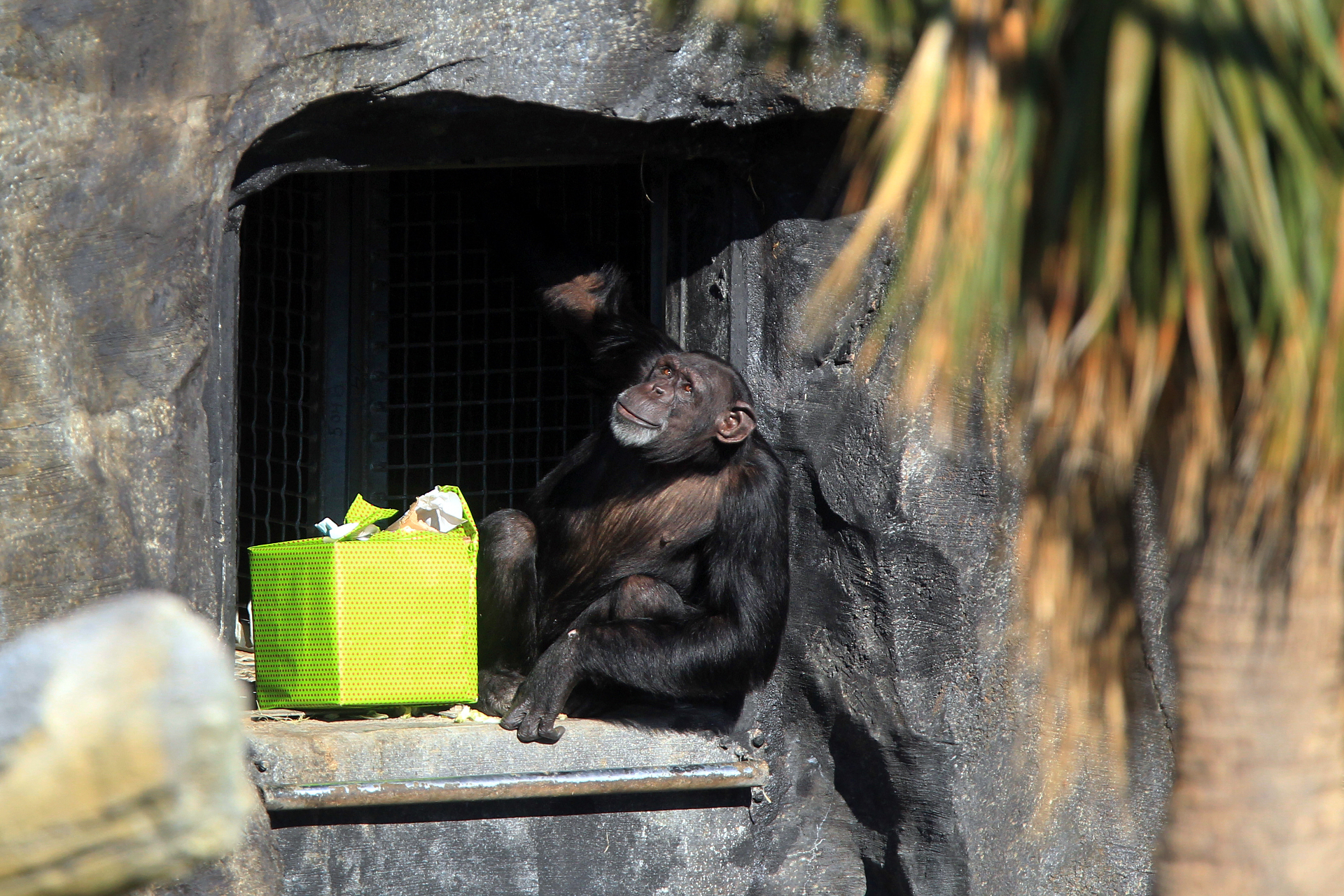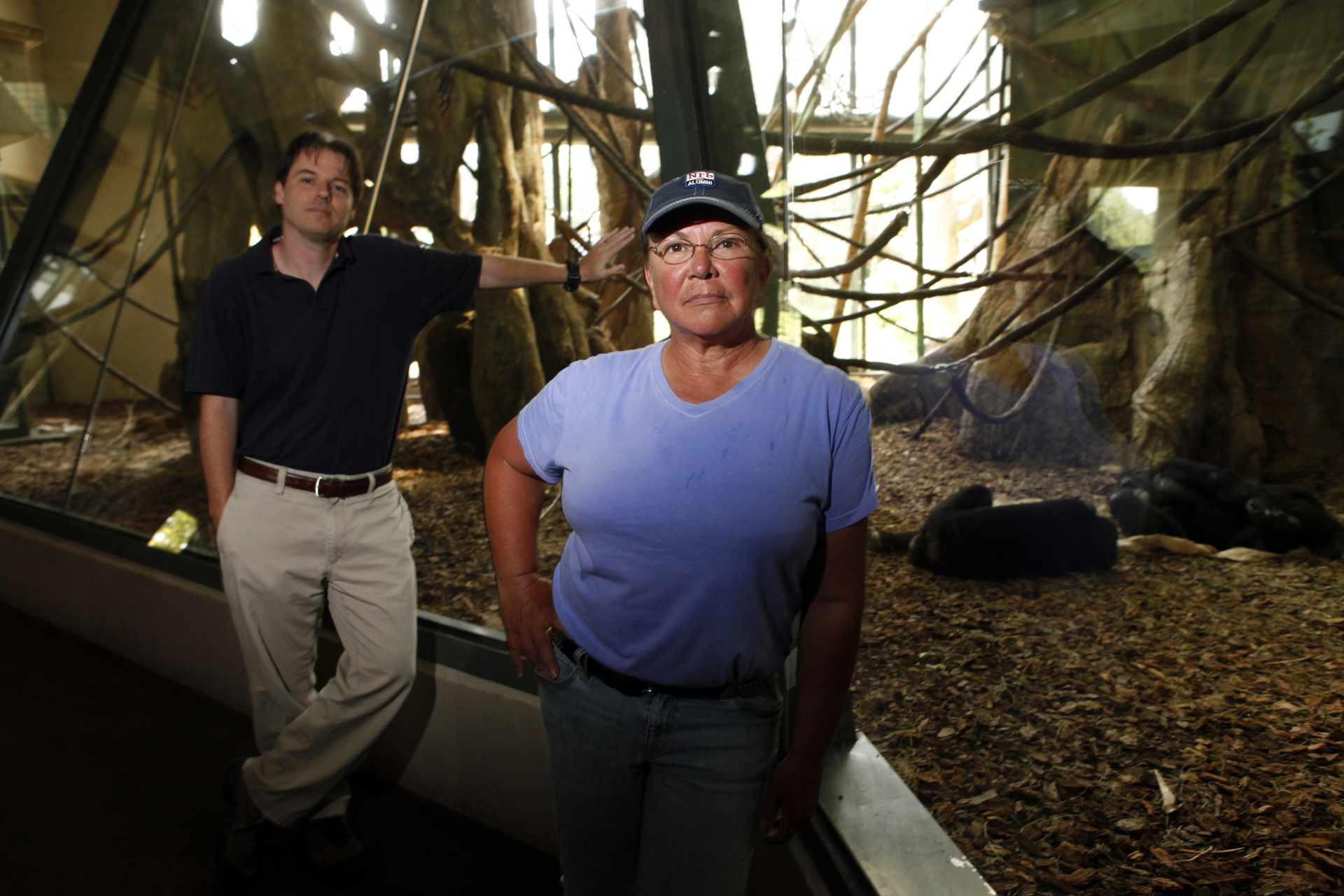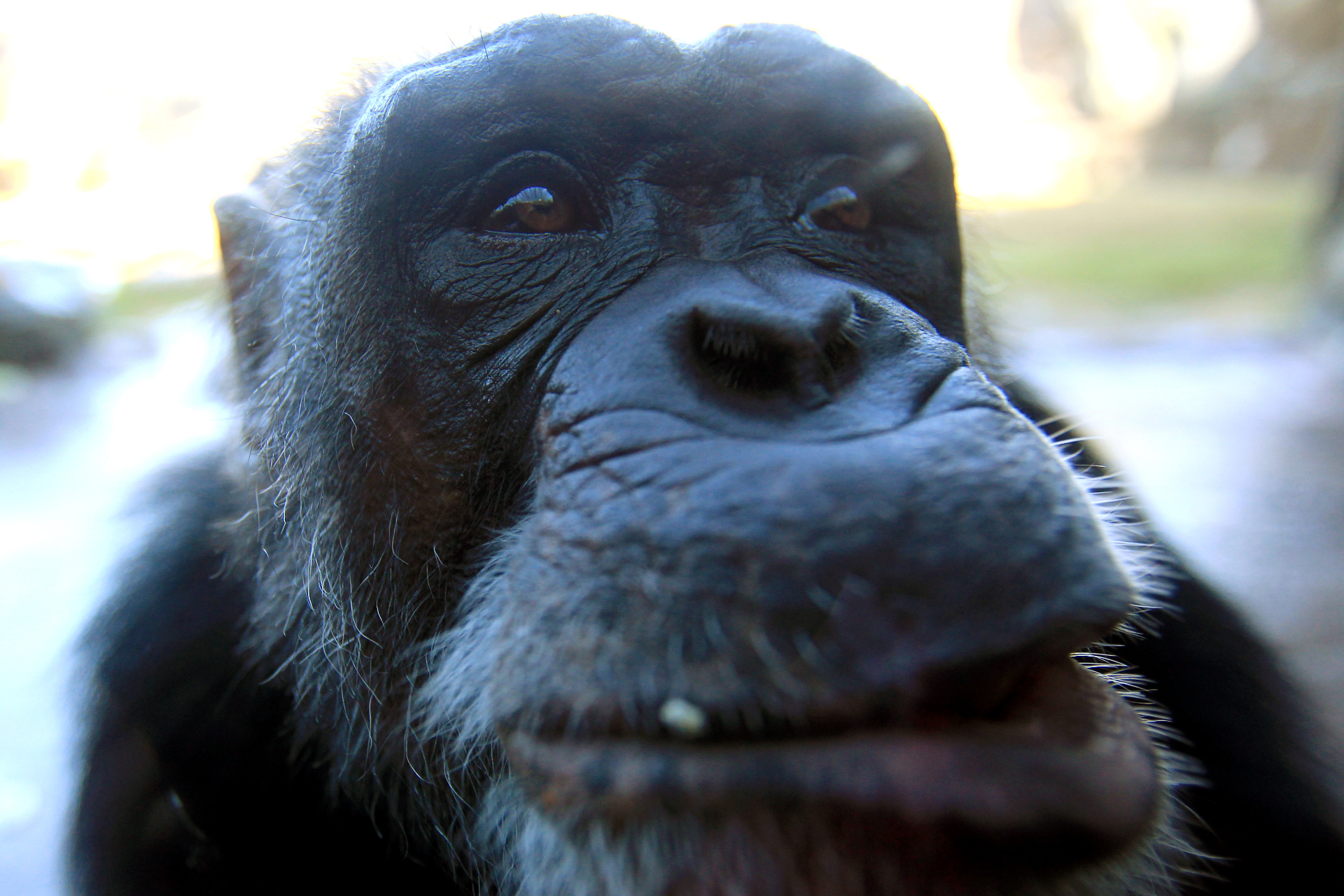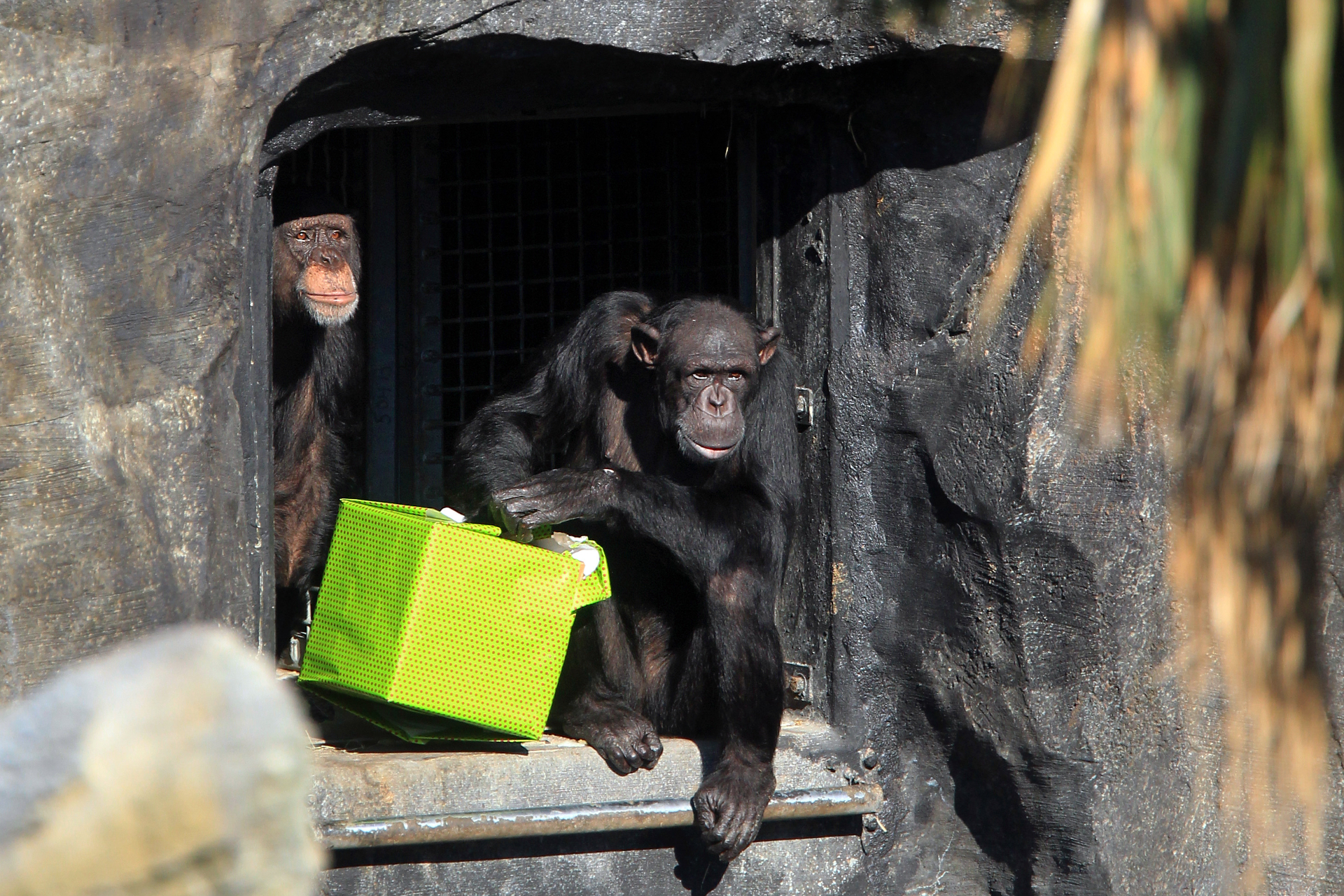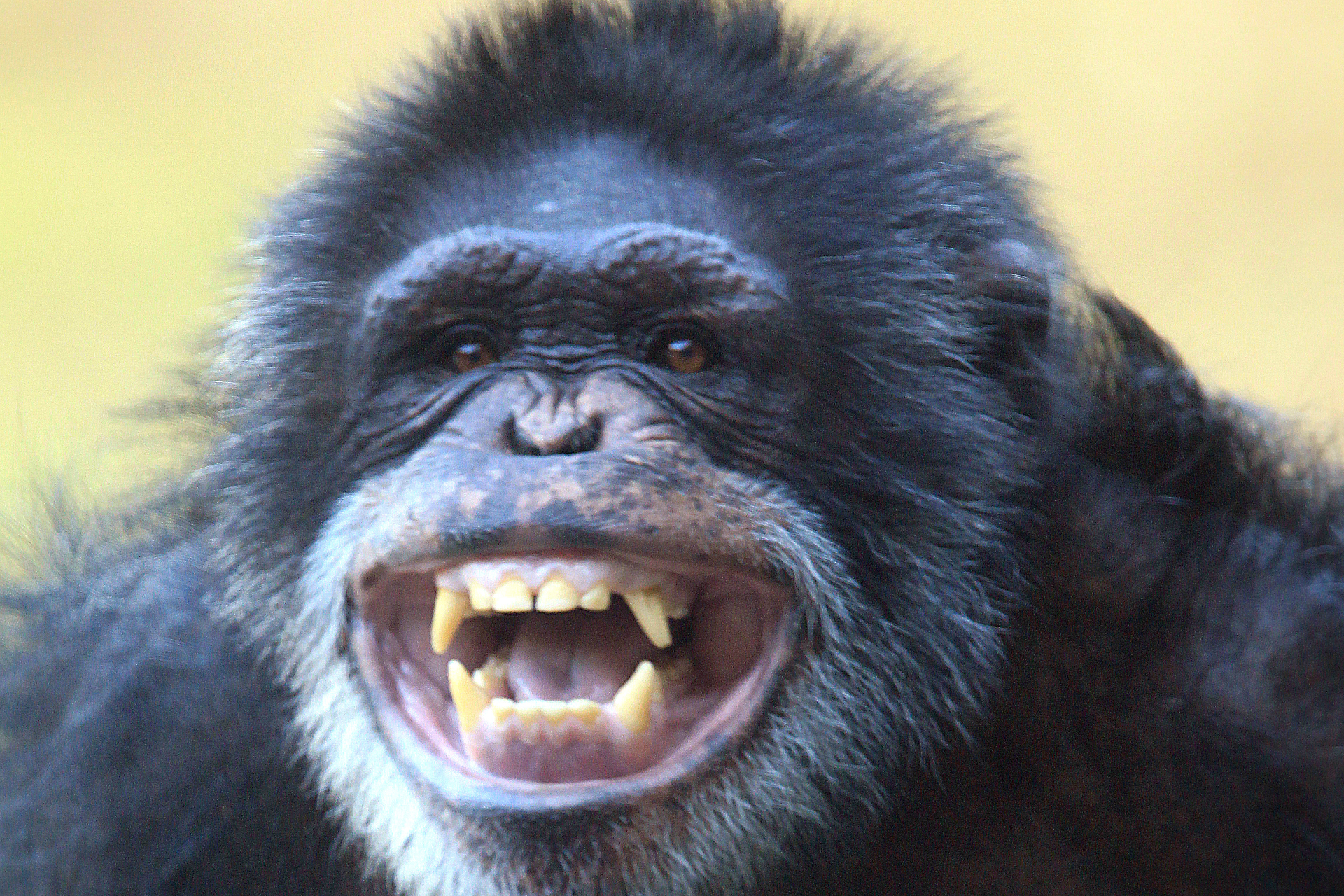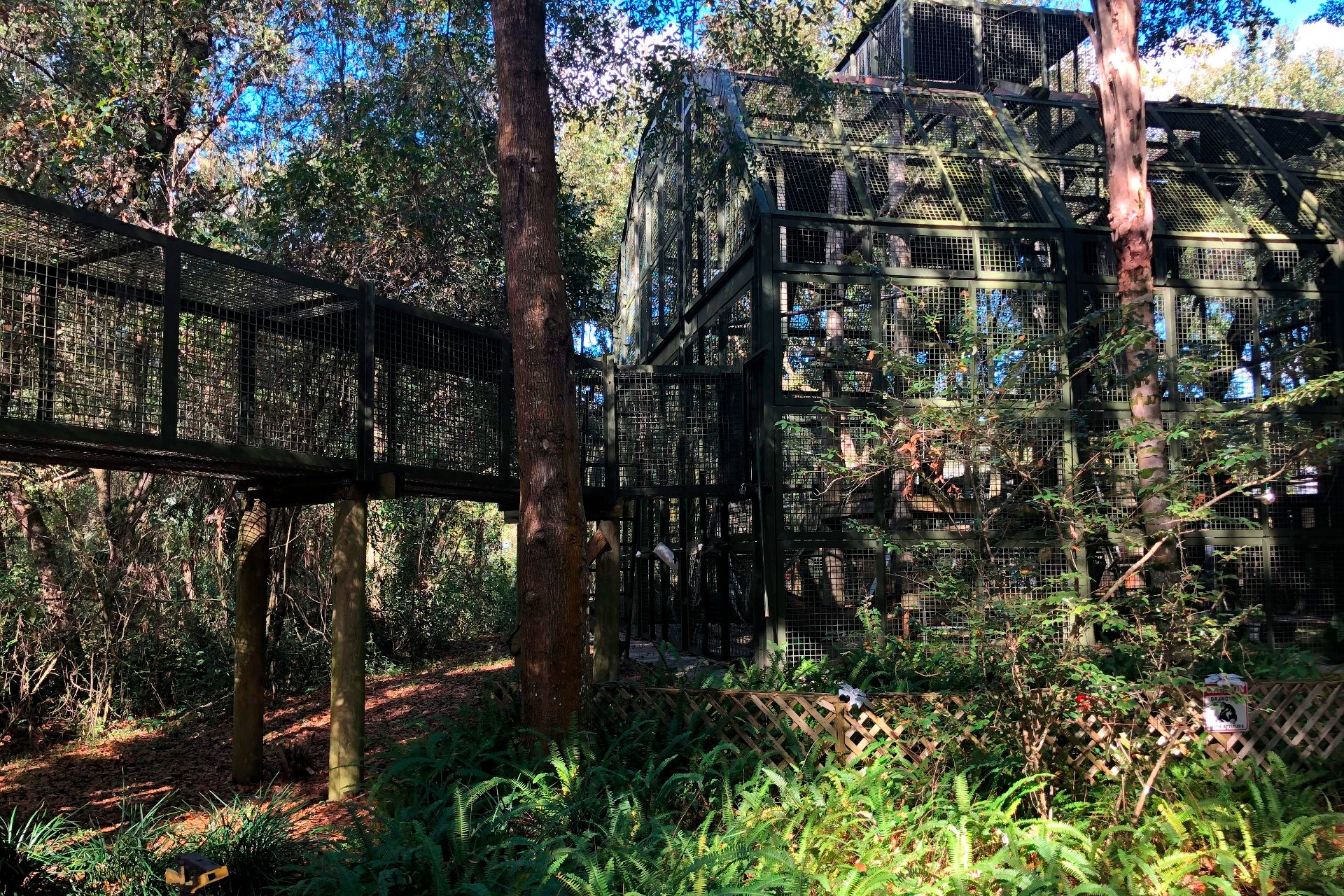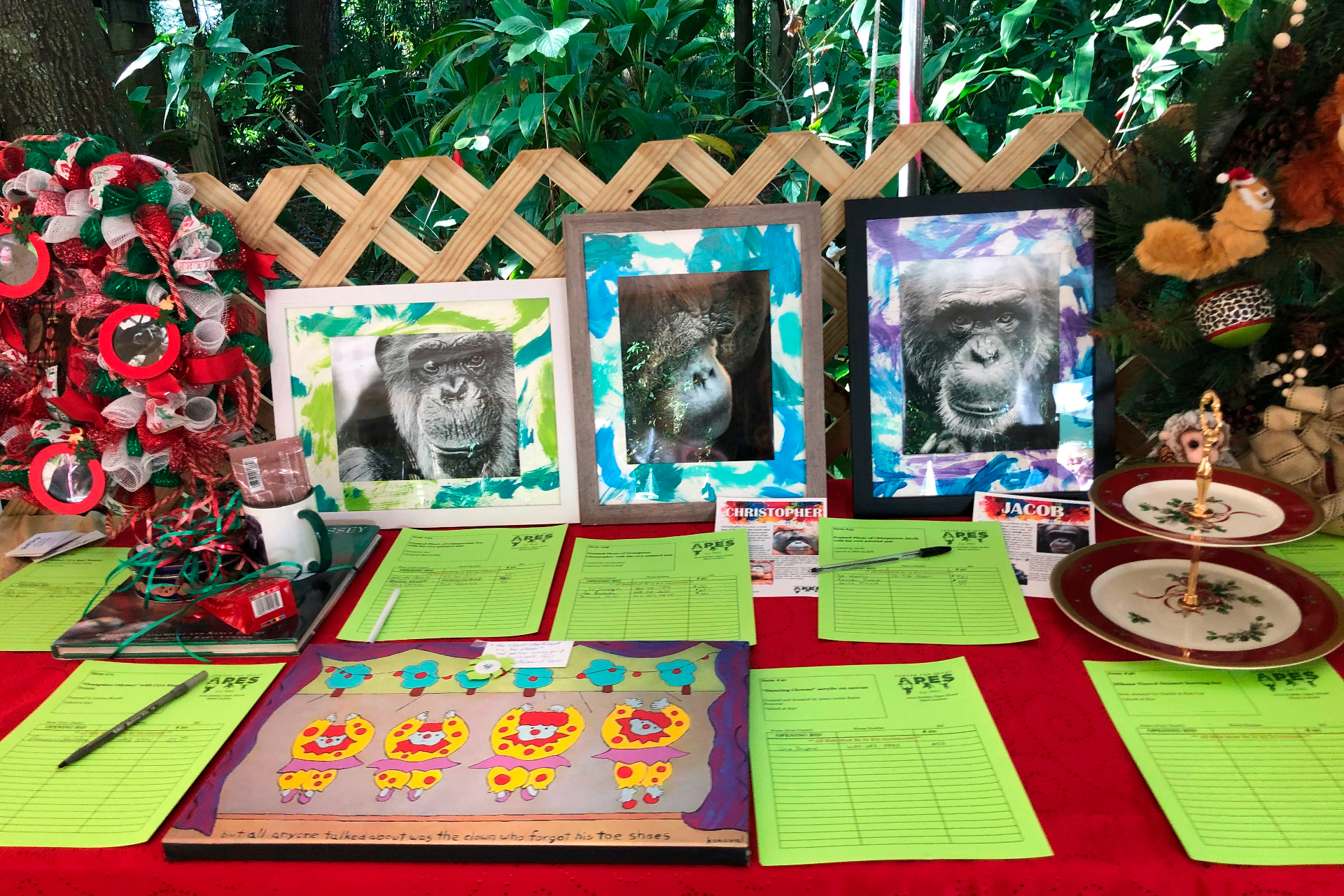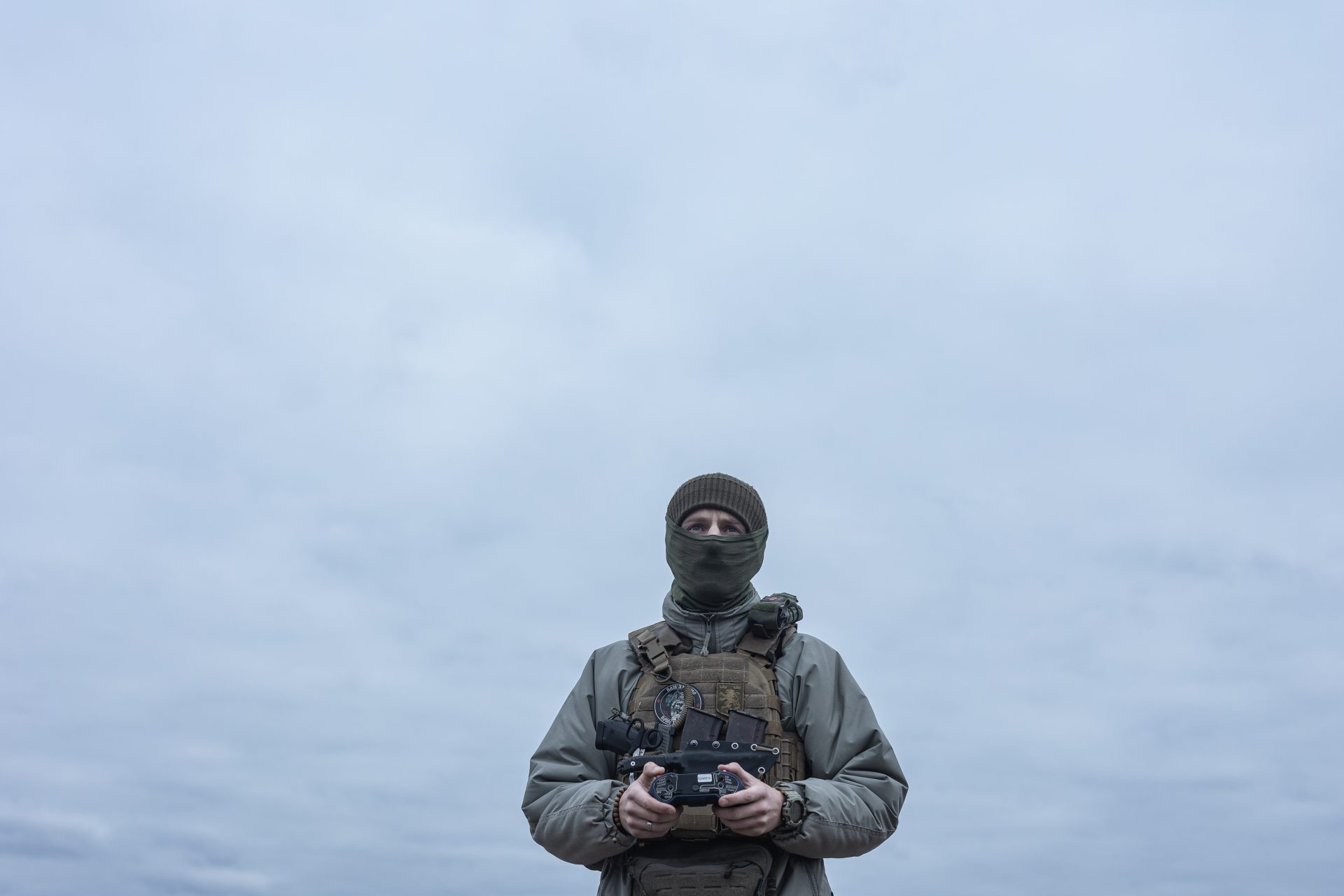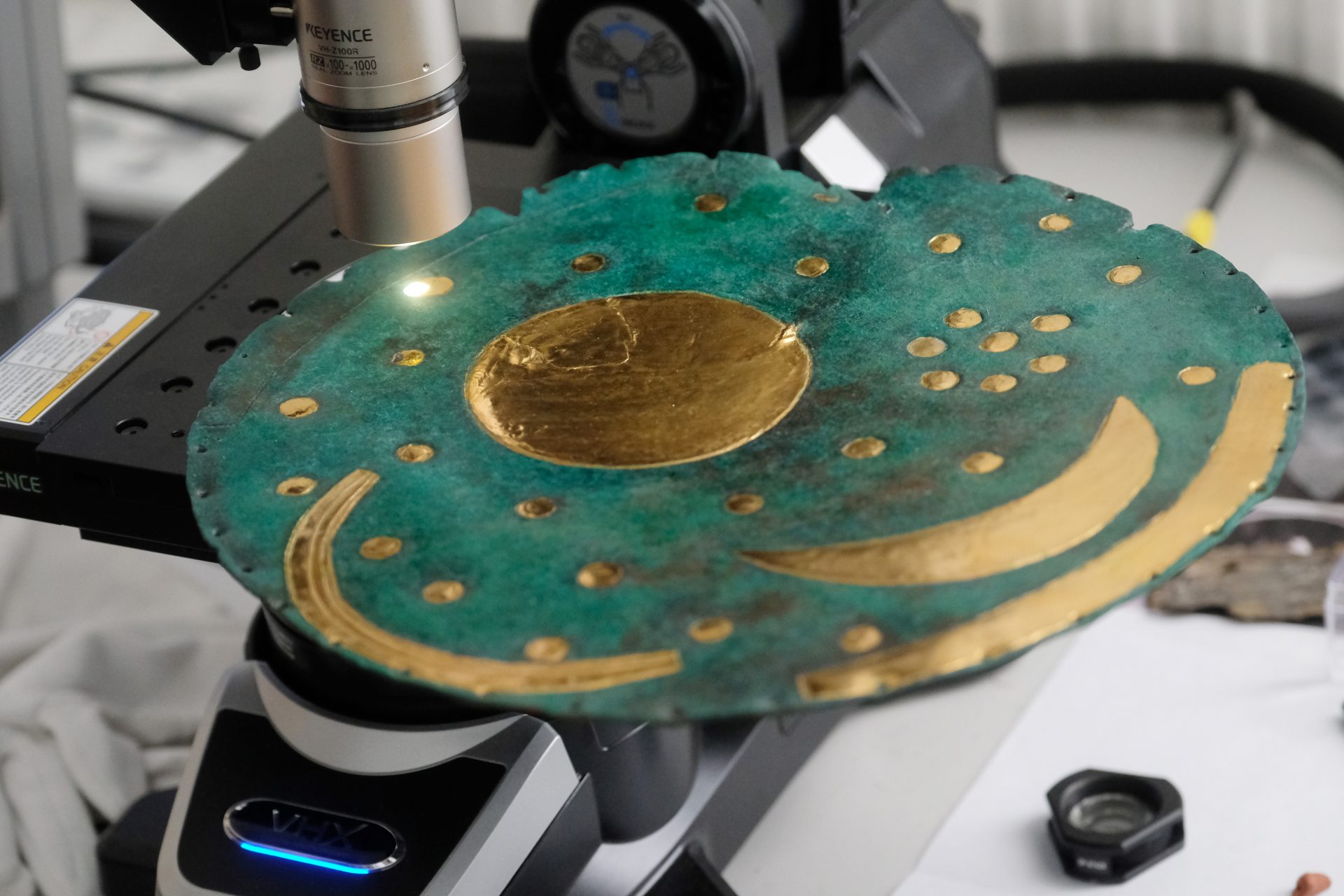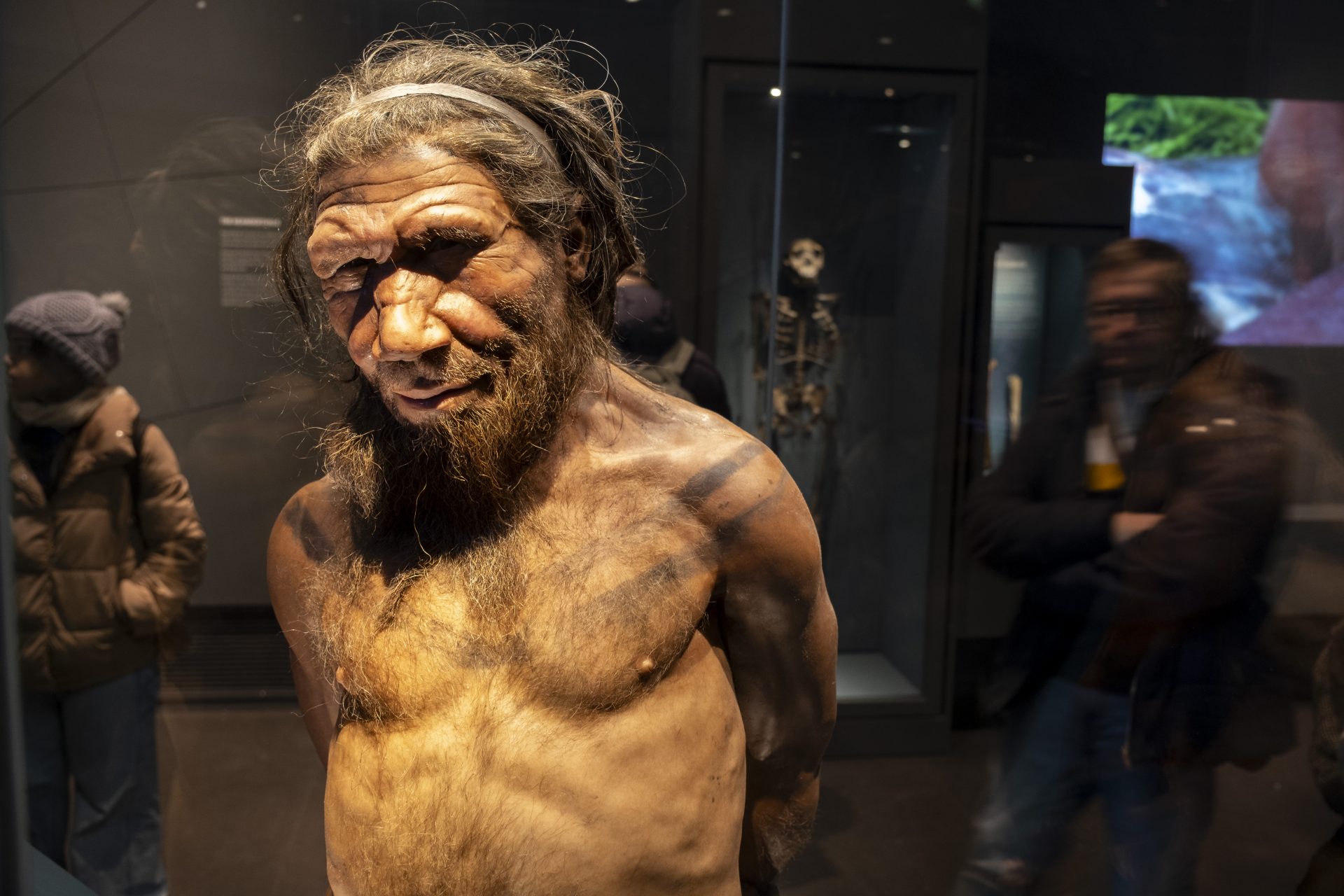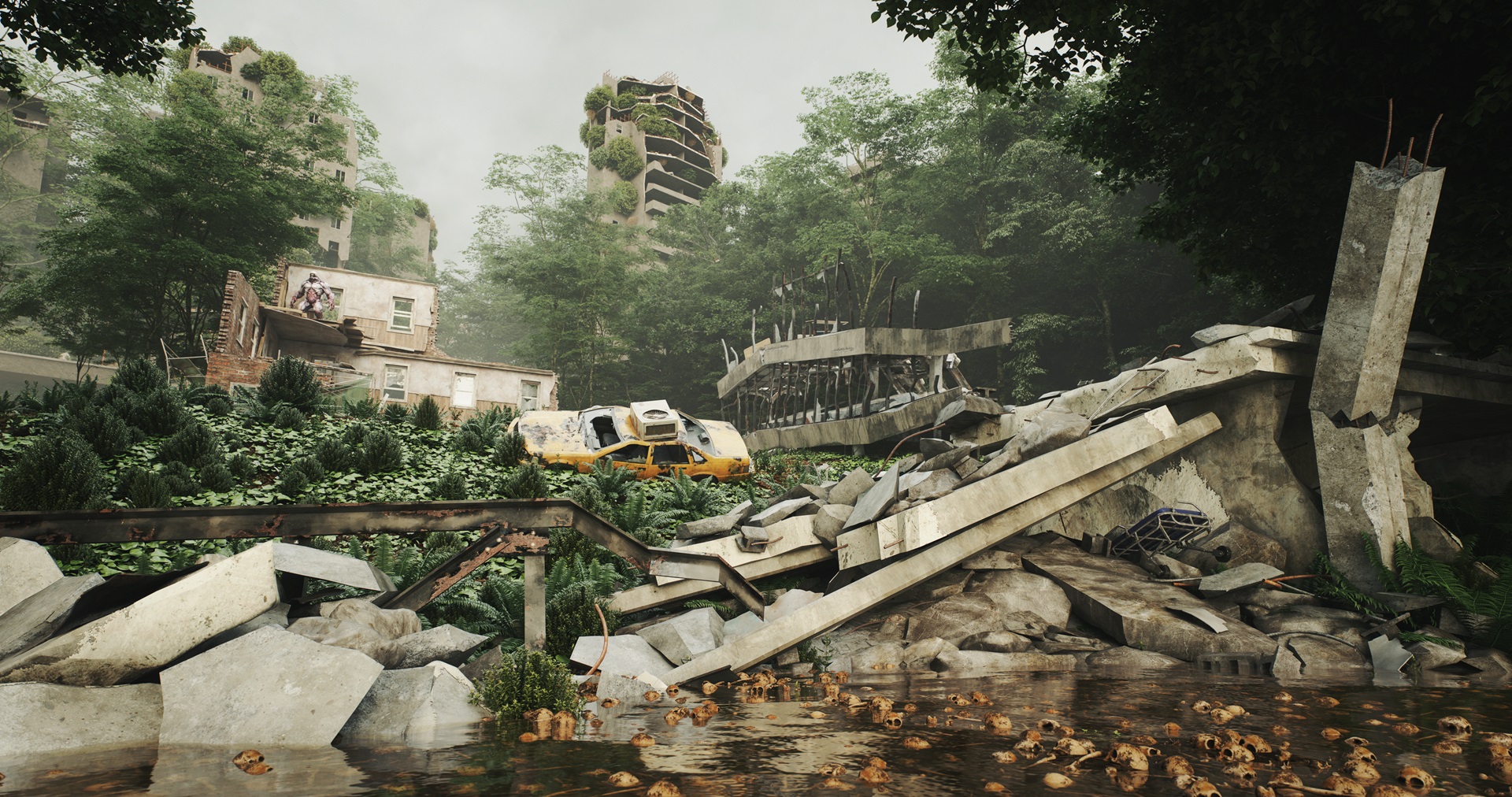Beyond the Spotlight: How chimps readapt to life in zoos and sanctuaries
Before the advent of CGI, real animals, including primates, were regularly featured in television shows and movies. However, questions linger about the fate of these animals after their careers in the limelight have ended.
Non-profits and other animal welfare organizations have lobbied against the ownership of wild animals for profit or as pets, especially against their exploitation for entertainment.
Still, according to The New York Times, captive wild animals, even protected species like Chimpanzees, were not protected until the 2015 Endangered Species Act.
So, watching primates work on TV and movies was not rare. There are famous examples, and animals would even appear in talk shows, as shown in the photo.
According to The New York Times, there is still no blanket federal prohibition on private citizens owning chimps, and some NGOs project that around 80 are in private hands.
These organizations promote programs to take primates in private hands and place them in back areas in zoos or sanctuaries, away from the public, to readapt to their own.
One example is Project ChimpCARE by Chicago's Lincoln Park Zoo. Stever Ross (on the left of the photo), a primatologist, founded the program when he directed the zoo.
The goal is to take chimpanzees, like Sierra (pictured), from private citizens and relocate them. It also conducted the first chimp census in the US, locating over a thousand specimens.
The project also includes other zoos, like the Houston Zoo. Project ChimpCARE relocated the chimps in the photo from a private citizen's home to Houston.
After relocating the animals, like Toby, to their facilities, primatologists and other experts teach the chimps to interact with their peers and forget human-taught behaviors.
Other projects deal with the same issue, like the Center for Great Apes in Florida, where primates can retire to readapt to their species after the spotlight.
The sanctuary protects Orangutans and Chimpanzees rescued explicitly from the entertainment industry. It holds dozens of primates in an open space.
More for you
Top Stories



